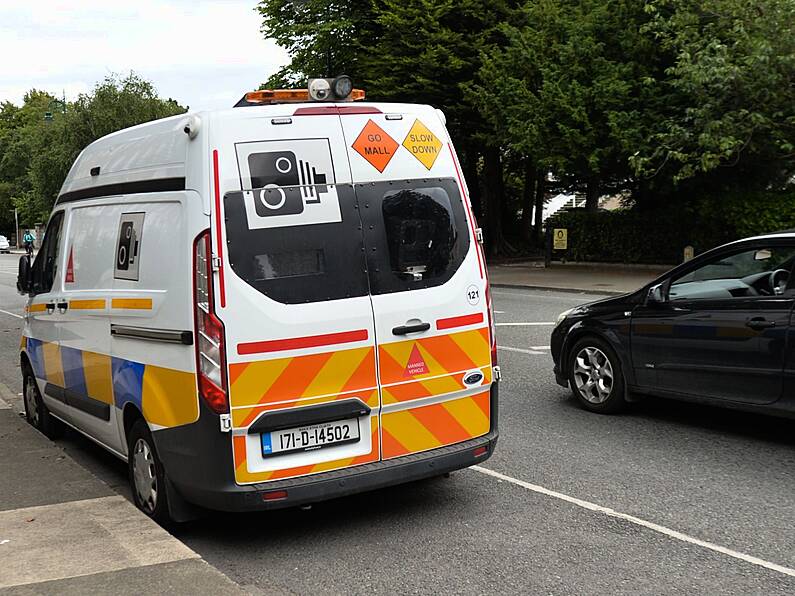James Ward, PA
A number of third-level institutions have committed to introducing a domestic violence leave policy for staff in 2022.
NUI Galway announced in May last year that all staff members experiencing domestic violence or abuse would be granted 10 working days of paid leave.
Trinity College, University College Cork (UCC), University College Dublin (UCD) and Dublin City University (DCU) have all committed to introducing similar policies in 2022, following a request by Minister for Further Education Simon Harris.
Mr Harris said: “Support for victims who are working, in the form of paid leave, could be crucial in ensuring that they retain their employment and have the economic capacity to escape an abusive relationship.
“The introduction of the domestic violence leave policy marks a critical step forward in ensuring that higher education institutions are safe and supportive workplaces.
“I really want to commend NUI Galway for starting this important conversation across third level and I am pleased to see others following.
“There has not been universal acceptance across the sector, which is disappointing but we will continue to work on this and build on the progress.”
At NUI Galway, staff can avail of up to 10 working days of paid domestic violence leave which will be granted on a “rolling basis”, and can be taken as a block or on separate days.
Mr Harris wrote to every college in the country in June, urging them to follow suit.
In the letter, seen by the PA news agency, he wrote: “The purpose of the policy is to provide for a period of paid time away from work for staff members who have suffered or are suffering from domestic violence or abuse.
“This leave will enable the staff member to take the time they need to seek assistance in a structured and supported environment.
“Our institutions have a duty of care to their staff and this policy builds on, and complements, the work that is ongoing across our higher education system to tackle sexual violence and harassment, and to foster institutional campus cultures that are safe, respectful and supportive.”
He added: “Domestic violence does not just have a major impact on the person and their family.
“It can also have a significant impact on the person’s working life, and their wellbeing.
“I would like to encourage other higher education institutions to consider implementing such a policy to cover all staff, and I know I can count on your support in this regard.”
Mr Harris warned that domestic violence remains “a pervasive problem in our society”, noting that cases had increased significantly during the pandemic.
“Figures for 2020, show that the Gardaí received some 43,000 calls to respond to domestic abuse incidents, a 16 per cent increase on 2019,” he wrote.
“Nearly 15 per cent of women between the ages of 18-74 have experienced physical and sexual violence in their lifetime, and nearly 31% have experienced psychological violence,” he added.
“While the risk to women is higher, domestic abuse also affects a significant number of men.”






